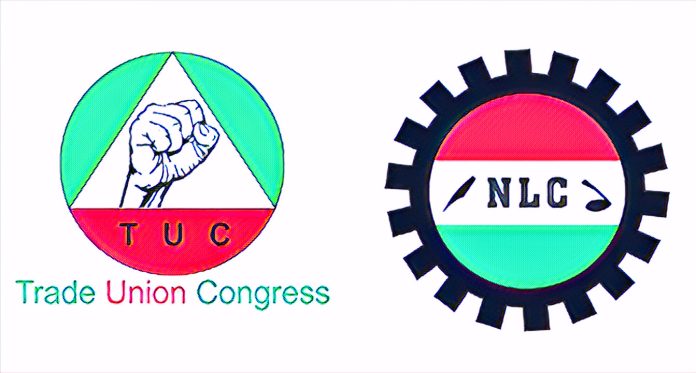The Nigeria Labour Congress (NLC) and the Trade Union Congress (TUC) have resolved to commence an indefinite nationwide strike starting today. This decision follows the expiration of their deadline to the federal government regarding the alleged brutalization of NLC president Joe Ajaero. The labor unions demand justice for the incidents that transpired during a protest in Imo state.
The Presidency, through Mr. Bayo Onanuga, Special Adviser to the President on Information and Strategy, expressed concern over the strike. They highlighted the restraining order issued last week by Justice Benedict Backwash Kanyip of the National Industrial Court against the strike.
Furthermore, the Attorney General of the Federation (AGF) and Minister of Justice, Lateef Fagbemi, reminded the labor unions of the court order. He stressed the importance of respecting the legal restraint against the nationwide strike. Despite these reminders, the NLC stated its unawareness of any such court order.
During a press conference in Abuja, TUC President Festus Osifo announced the strike’s commencement. He emphasized the government’s lack of response to labor’s demands, including the arrest and prosecution of those responsible for assaulting the NLC president.
The labor dispute in Imo state, which escalated during a protest rally, led to this nationwide action. Ajaero, who recounted his ordeal, alleged police brutality and threats during the protest.
The Presidency criticized the planned strike, labeling it as an abuse of privilege and a move against national interest. They argued that the strike, based on a personal matter involving Ajaero, is unjustifiable. They also pointed out ongoing investigations and actions taken against the police commissioner of Imo State.
According to a report by This Day Live, the AGF, Lateef Fagbemi, urged labor to respect the court order and avoid contempt. He emphasized the rule of law and the need for dialogue over unilateral action.
On the other hand, a source from the NLC insisted on the lack of formal notification regarding any court case against them. They expressed a preference for social dialogue over legal battles.
This impending strike arises from a series of disputes between labor and the Imo state government. Allegations include the illegal dismissal of over 600 workers, unpaid arrears, and attempts to undermine the NLC in the state.
The planned strike by the NLC and TUC is set to commence despite legal obstacles and government appeals. It highlights the ongoing struggles between labor and government authorities in Nigeria.



